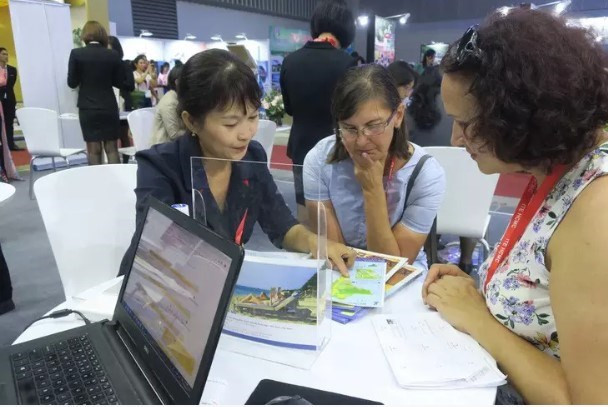Blockchain could solve part of Brexit’s Northern Ireland dispute

However, it opens the doors for experts to develop and integrate blockchain technologies that can entice governments to adapt blockchain into their systems to make transitions and policy adaptation more seamless and less complex.
Subsequently, the UK government and the EU have agreed to implement a special agreement or the Northern Ireland Protocol, which aims to balance the scales of their participation with the UK and the EU, as both parties agree that there should be no ” hard border’ between Northern Ireland and the EU, which follows the Irish government’s position on the matter. The protocol, which is currently under review for improvements, indicates that Northern Ireland’s position in the EU is more proactive and inclusive than the UK’s position in the EU. Regardless, Northern Ireland recognizes both UK and EU moves as it adheres to trade agreements with the UK and remains within the EU single market for goods and the sanitary and phytosanitary (SPS) system for animals and food products.
Northern Ireland’s market was highly integrated with the UK before the changes, but ever since Brexit and the implementation of a new protocol, it has disrupted and caused complications in terms of tax, tariffs and regulatory compliance. Northern Ireland’s current hybrid system of alignment with UK and EU protocols necessitates renegotiating and reshaping upcoming changes to improve their current situation, which has gone nowhere of late. Nevertheless, industry analysts and experts have been looking to incorporate blockchain technology as a means to reduce most of the ongoing widespread cases between Northern Ireland and the UK, especially border issues. Blockchain is a type of distributed ledger that provides a digital database to keep track of all supply chain transactions.
In retrospect, the prevailing cases between Northern Ireland and the UK relate to border issues and complex systems that emerged from post-Brexit protocols, particularly the transfer of goods or ensuring the integrity of goods crossing the border and vice versa. Fortunately, just as with other prevailing problems in the past, technological breakthroughs offer solutions, and in this case, the use of blockchain technology can potentially help overcome the complexity of today’s problems, and a simple system using this cutting-edge technology will help border-related problems with tracking goods during transport and helps to eliminate customs disputes for companies. According to Alan Jones, a British businessman and CEO of messaging app YEO, “Through the use of blockchain, you have an irrefutable trace of the information at all stages, and by geofencing codes to unlock seals to the destination depot, you can also be assured of the integrity of goods during transport.” The main goal of incorporating blockchain technology in both parties will simplify the exchange, authentication and sealing of the goods during transport and enable the tracking of the positions at all times, along with a much more practical documentation system.
So far, initiatives to drive blockchain technology to be integrated by Northern Ireland and the UK to resolve border issues have gained momentum. In 2019, the ELAND consortium, a notable technology and solutions company led by its CEO, Charles Le Gallais, proposed to adopt blockchain technologies to build a secure freight transport system based on containers with digital locking, GPS waypoints, automated certification and anti- tamper enforcement with every detail documented in a blockchain time series database. The proposal aims to enable the seamless movement of goods across borders by making it more convenient for practitioners and less unwieldy to overcome the current post-Brexit border issues between Northern Ireland and the UK. Blockchain technology, under an appropriately regulated environment that can be achieved by embracing smart regulations, can provide the solutions needed to solve the ongoing border problem.
The initiatives being pushed through by experts bode well with the EU’s vision of adopting blockchain technology in public systems. In 2018, twenty-two European countries signed a declaration to share blockchain experience and expertise across Europe and launch EU-wide blockchain applications. Assume that both Northern Ireland and the United Kingdom agree to incorporate blockchain. If so, it will be possible to improve approaches to information exchange between a number of entities, such as customs and other regulatory bodies, and reduce errors and fraudulent activities, which will make the current situation a much more efficient and transparent system.





















